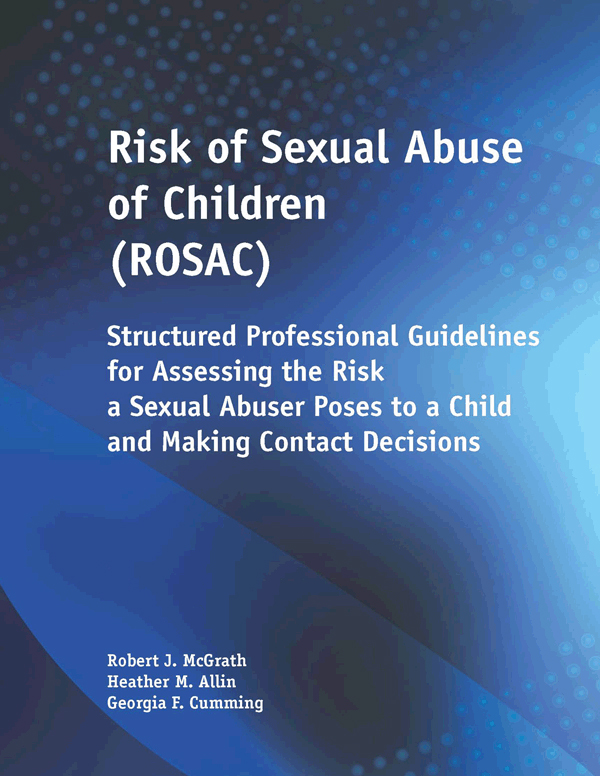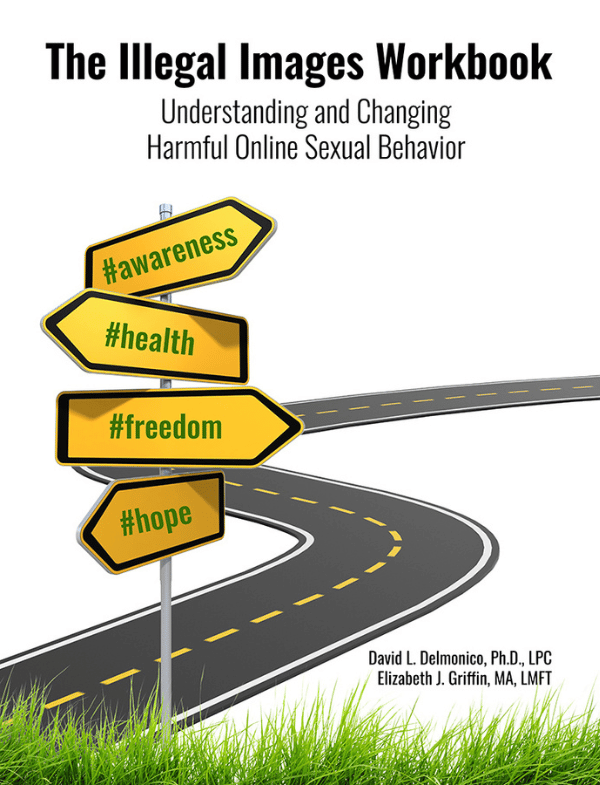Home / Shop / Online Trainings / Trainings
Live Online Training - How to Develop Effective Internet Safety Plans with Adult Clients Who Have Sexually Abused

- Description
Date: July 1, 2025
Time: 11:00 am – 1:00 pm ET /
8:00 am – 10:00 am PT
Format: Live interactive training offered via Zoom
Presented by: Jennifer Cinicolo (See Bio) and Daniel Gouker (See Bio)
You must attend the entire live training and complete an evaluation to be eligible for CE credits. If you seek only psychology credits, the evaluation is optional, and you can remain anonymous.
Online Training Description:
 Safety planning for internet use is now a central component of the community supervision of many justice-involved clients. It is also an emerging facet of collaboration between professionals of different disciplines and their clients. Traditionally, clients with histories of sexual offenses were not allowed to have any internet access at all. However, since the internet has evolved as an accessible provider of resources that are available nowhere else, professionals and clients alike need to be more sophisticated about their use of the internet.
Safety planning for internet use is now a central component of the community supervision of many justice-involved clients. It is also an emerging facet of collaboration between professionals of different disciplines and their clients. Traditionally, clients with histories of sexual offenses were not allowed to have any internet access at all. However, since the internet has evolved as an accessible provider of resources that are available nowhere else, professionals and clients alike need to be more sophisticated about their use of the internet.
In this training, the presenters provide concrete ideas for how to construct effective safety plans for internet use. This includes:
- Having a conversation with clients about the safety planning process
- Using internet safety planning as a therapeutic process rather than as part of a “to-do list” in treatment
- Clarifying what is needed in a safety plan, including what aspects of the internet pose risks for different clients, and how these risks relate to other risk factors in the client’s life
- Identifying the essential components of an internet safety plan
- Considering cultural factors in safety planning
- Helping clients navigate the sexually suggestive environments of media platforms and understand their subconscious influence
There are many benefits to an effective internet safety plan, but few resources have existed to guide the professional. An effective plan can:
- Increase client accountability for their actions
- Protect others as well as the client from online harm
- Help clients develop skills for anticipating internet-related problems
- Increase digital literacy
- Improve access to necessary community resources
The most effective safety plans are individualized to the needs, strengths, and cultural considerations of each client. This naturally brings challenges for professionals seeking to make these plans relevant and meaningful to each client, especially when safety plans are too often little more than a list of rules that may or may not make sense to the client.
As a result of this training, participants will be able to:
1) Describe how to initiate and have conversations with clients in preparation of safety planning for internet use
2) Explain how internet safety planning contributes to stability for clients
3) Identify the essential components of an internet safety plan
4) Guide clients in their navigation of the sexually suggestive environments of media platforms and explain their subconscious influence
Interactive Follow-Up Meeting
Attendees are invited to join an open discussion 15 minutes following the end of the training, where you can engage with fellow attendees by turning on your camera and microphone. This is an opportunity to share your experiences and contribute to a meaningful exchange of ideas. Time will be allocated to address questions or insights from the training. Please note that attendance is optional and will not affect your eligibility for a training certificate.
We can refund your training fee up to 24 hours prior to the start of the training.
To view all training details and review our list of frequently asked questions, please click here to visit the promotional page.




